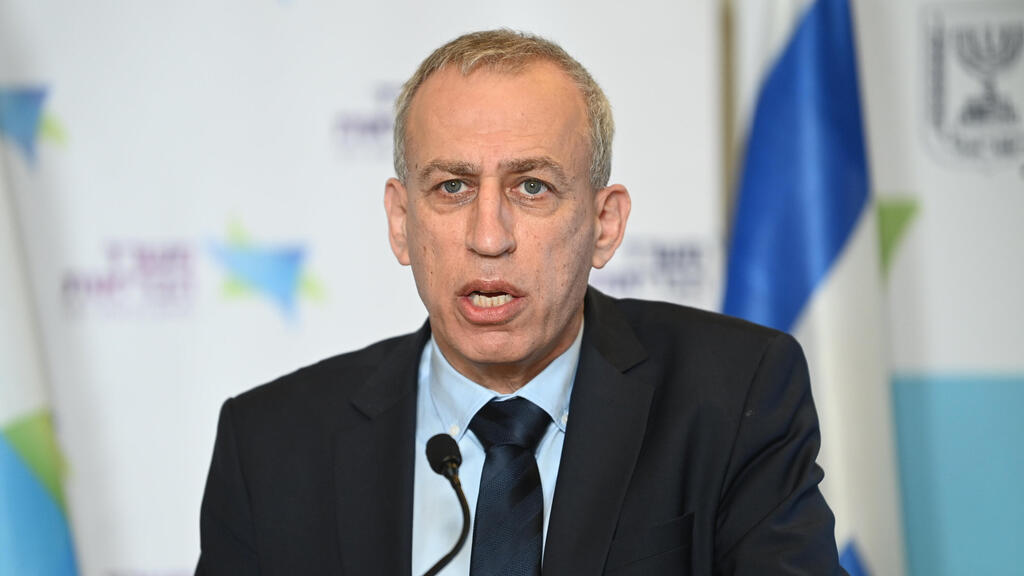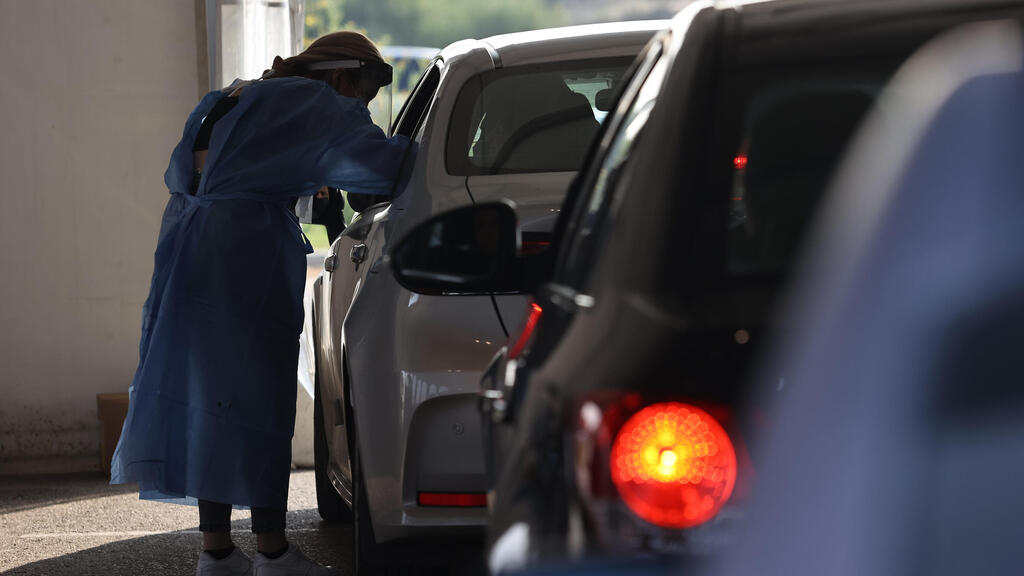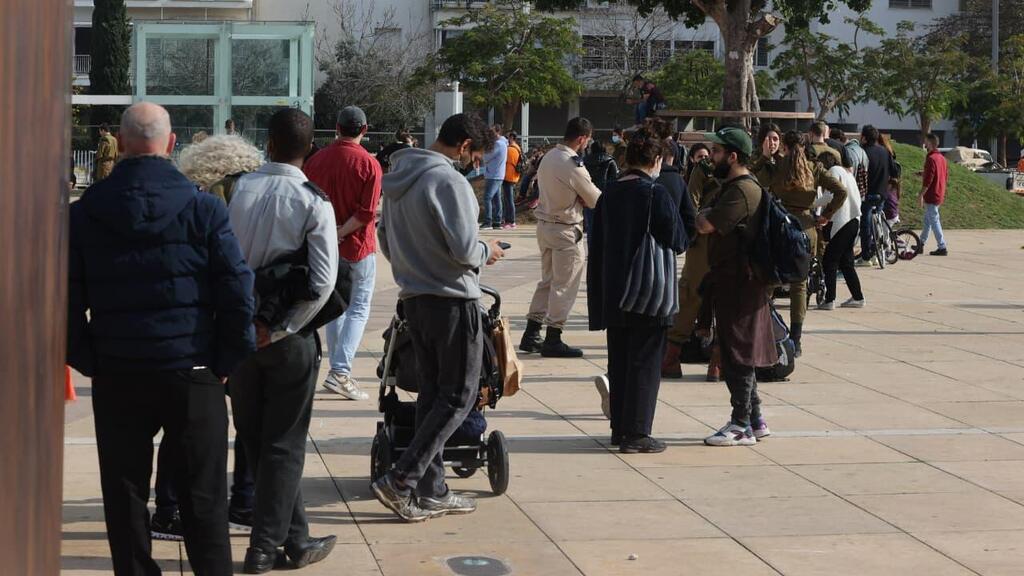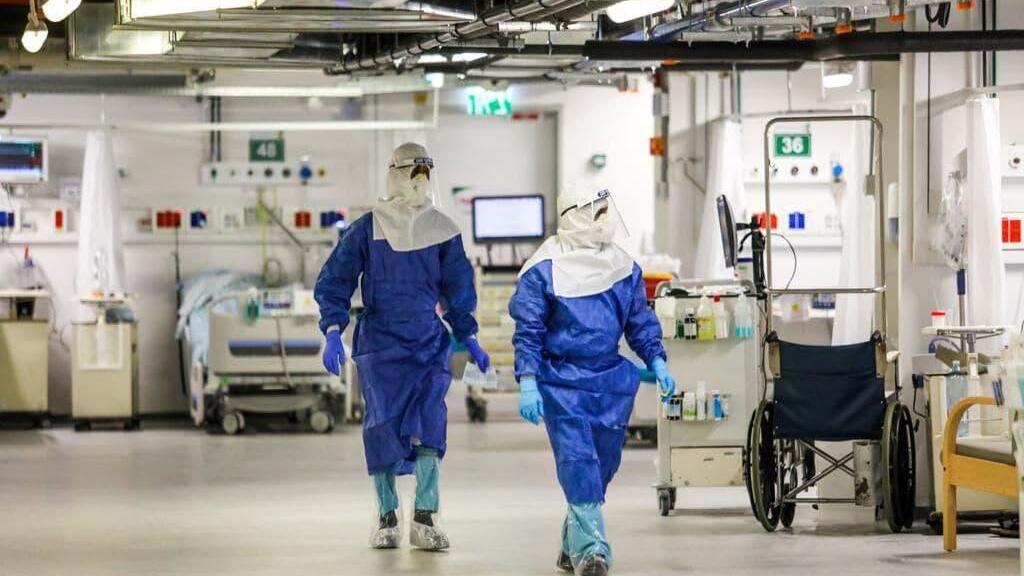Health Ministry's Director General Prof. Nachman Ash on Monday rebuffed widespread criticism leveled at his ministry over Israel’s new contentious COVID testing policy that left many Israelis without an ability to get checked.
Israel announced a revision to its testing policy last week that allows Israelis under the age of 60 to get tested at home using antigen rapid testing kits, while the more accurate PCR tests will be reserved for at-risk and older populations.
And while the government agreed on the new policy in an attempt to solve the overwhelming demand for tests and the consequent long queues plaguing testing complexes all around the country, it has also garnered nationwide criticism from many, with some even claiming it equates to “conceding” the battle against Omicron.
"We have reached a point where we had to take this step. If we miss a COVID infection in a young and healthy man… it is not that terrible,” Ash told Ynet.
"Different countries have taken different actions, we are not the first country to use antigen widely, it exists all over Europe," he said, referring to countries such as Britain, which has adopted a similar policy as governments seek to reduce the burden on laboratories and struggle with tight supplies of kits.
"If people with symptoms make sure to stay home and not infect others - it's good enough, even if they do not know the exact diagnosis,” the top health official added.
Ash further pleaded with the public to stay at home even if the antigen test returns negative, but the tested individual feels unwell.
"Even if it's the flu, we do not want people to go out… Even if it's a little runny nose, even if it's a little cough that would normally won’t keep us from going to work - in this case, stay at home,” he said.
Ash further addressed the chronic lack of testing kits available for purchase at pharmacies due to the enormous spike in demand all around the country.
“It is safe to say that this is a very big challenge, the increase in the number of tests has really led to a very large demand, we are working in all channels also to bring the tests to the country. There is a big challenge here, and it really does create a problem.”
The Health Ministry official also addressed the recent controversial announcement that the ministry is mulling allowing doctors and nurses to continue working even if they were confirmed to have been infected with coronavirus, as long as they remain asymptomatic.
"The absence of medical staff is already a burden on hospitals today. We are trying to find solutions, but it can not be a general solution that says that medical professionals must work even when they are sick or verified. If that happens, it will only happen in the most exceptional places.”
Israel on Monday reported 224 COVID patients in serious condition, a figure Ash admitted might point towards a worrying trend.
"If we see that the rate of increase of patients in serious condition is rising fast, and we reach numbers that put too much strain on the healthcare system, we may need to change our approach again,” explained Ash.





